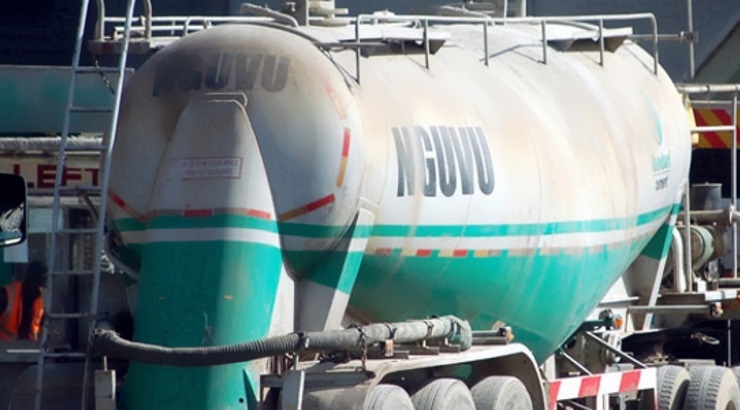Industry News
Bamburi Profit Soars 416% Amid Covid-19 Recovery
Half year profit skyrocketed to Sh1.1bn from 213m last year.

Bamburi Cement Plc’s profit rose 416% in the first half of 2021, with turnover rising by nearly a quarter as domestic and export markets recovered from the adverse effects of Covid-19.
The company said on Thursday that its revenue grew 21% in the six months ending June 30 while profit before tax skyrocketed to Sh1.1 billion, up from Sh213 million in 2020.
Bamburi, a member of Holcim, said the recovery of the cement market in both domestic and export markets against a difficult first half of 2020 and an increasing demand for premium cement products grew its turnover to Sh19.6 billion from Sh16.2 billion last year.
The company’s topline received a major boost from the infrastructure spending by the government even as construction recovers from the Covid-19 pandemic effect.
Besides income growth, Bamburi managing director Seddiq Hassani attributed the H1 2021 pre-tax profit growth to “carry-over cost savings following the implementation of our ‘Health, Cost & Cash’ (HCC) action plan, that was adopted at the onset of the Covid-19 pandemic”.
The HCC action plan also enabled the firm to offset significant cost inflation on imported clinker and coal that was absorbed in H1 compared to the same period last year.
Financing costs were also reduced by nearly 50%.
Bamburi now says it has renewed its commitment to operate sustainably in line with Holcim’s agenda of Building Progress for People and Planet, which seeks to improve living standards around the world by facilitating the creation of greener cities and smarter infrastructure.
“To achieve this, Bamburi has lined up carbon emission control and circular economy initiatives that will safeguard the environment and also deliver cost-efficiencies and add greater value to the stakeholders,” Mr Hassani said in a press statement on Thursday.
RELATED: Holcim to Deliver Kenya’s First 3D-Printed Home
These initiatives include the Houses of Tomorrow project – an initiative on green building solutions, a portfolio of green cement, quarry rehabilitation, water and biodiversity management, and waste management through partnerships with waste producers.
Bamburi’s financial results are a true reflection of the current ongoings in the local cement market, which recorded a demand increase of 27% in the first five months of 2021.
According to the Kenya National Bureau of Statistics, local cement consumption stood at 3.35 million tonnes in the January to May window compared to 2.64 million tonnes last year.
Private developers and individual households, who have been building houses even during the toughest months of the Covid-19 pandemic, have also boosted the cement market.














